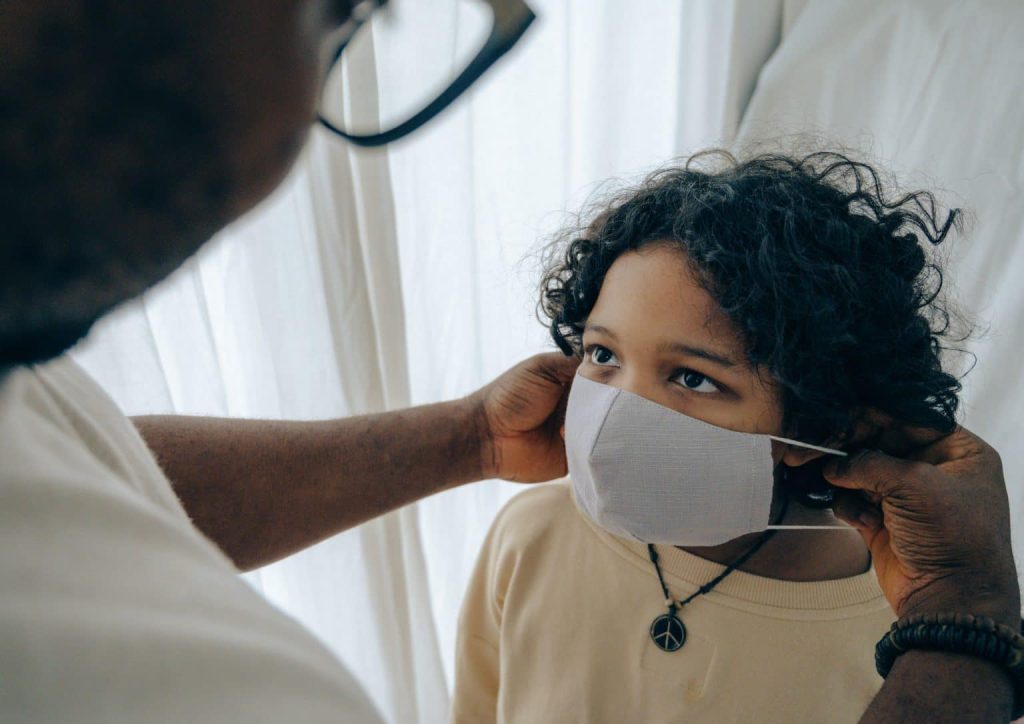In general, the consent of both parents, holding parental rights and obligations, are not required when a minor child is in need of medical treatment or surgical operation.
Conflict arises when consent by parents (or a parent when the other parent is deceased or cannot be found) or a care-giver are refused. Often conflict arises (especially after divorce) between a main member of a medical aid fund (a parent) and a minor child when the need for medical treatment or surgical operation exists and the other parent, who is the non-member of the medical aid fund, is intimidated by the main member’s refusal and fails to assist the minor child.
Section 129 of the Children’s Act, Act 38 of 2005, addresses the issue of consent to medical treatment or surgical operation. Section 129 distinguishes between children below the age of 12, children aged 12 and older and children aged 12 and older, but who is not sufficiently mature and lacks the mental capacity to understand the benefits, risks, social and other implications of the treatment or surgical operation.
When a child is under the age of 12 years or is over the age of 12, but is insufficient mature or unable to understand the benefits, risks, social and other implications of the medical treatment or surgical operation, the child’s parent, guardian or care-giver may consent – the consent of both parents or care-givers are not required. Should consent be unreasonably withheld, the Minister for Social Development may consent. Section 129(9) also confirms the jurisdiction of a High Court or Children’s Court to grant the necessary consent where consent is refused, alternatively unable to give consent.
The right of the care-giver(s), (who does not specifically hold parental rights and responsibilities), to consent to the medical treatment or surgical operation is confirmed in section 32 of the Children’s Act. The latter section deals specifically with the care of a child by a person(s) who does not hold parental rights and responsibilities (i.e. care-giver).
In circumstances where a child is over the age of 12 and has the maturity and mental capacity to understand the benefits, risks, social and other implications of the treatment or surgical operation, such a child may grant the necessary consent – even in circumstances where the parent(s), guardian(s) or care-giver(s) withholds consent. This
situation may very well give rise to conflict between the minor and the parent(s),
guardian(s) or care-giver(s) and may ultimately cause the appointment of legal
representation on behalf of a minor child.

